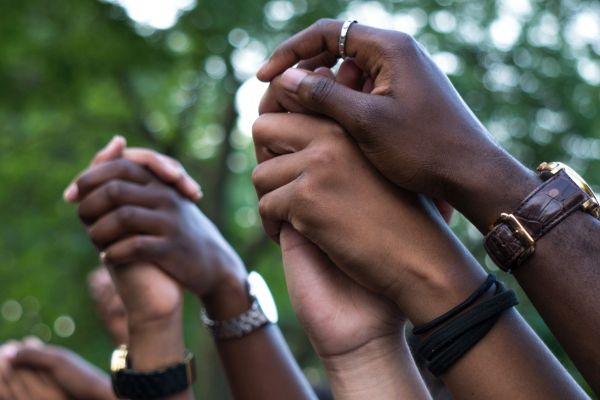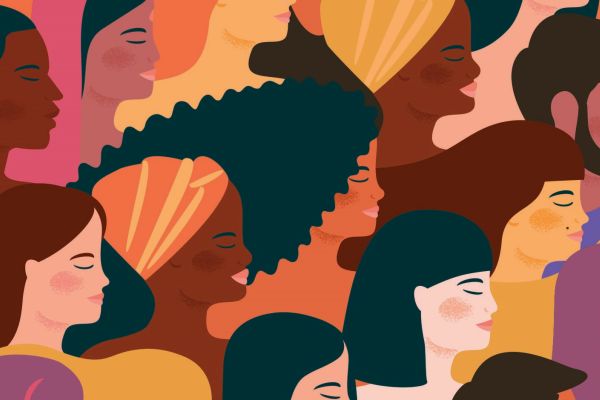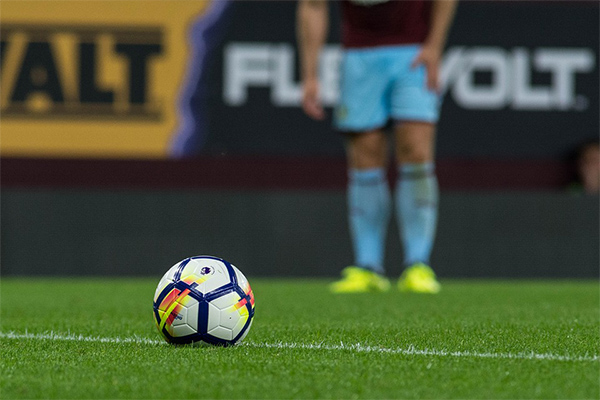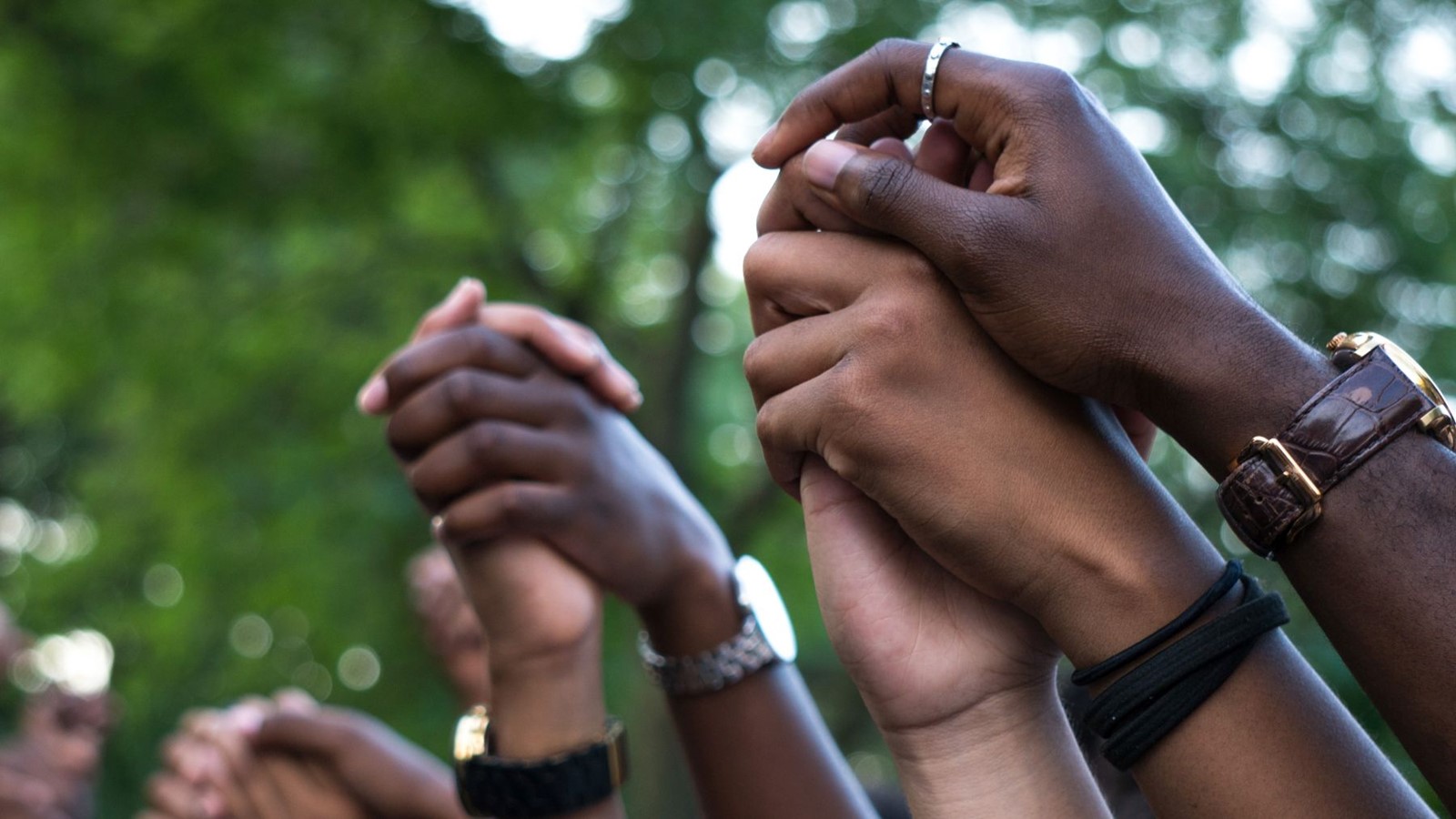Our member Kemi Omijeh says there needs to be a collective responsibility to tackle racism in the workplace.
Kemi said that England players Marcus Rashford, Jadon Sancho and Bukayo Saka experienced racism in their workplace after being targeted on social media following their team’s defeat in the Euro 2020 football final.
Take a stand
“If people think what happened to the England footballers is awful then they should take a stand for it in their workplace with their own colleagues when they see it,” she said.
“What happened with the football players is awful. Ugly racism was exposed for the world to see on a macro level.
“Most black people will tell you they’ve experienced variations of this level of ‘turning on us’ when things go wrong in the work place.
“If the first thing that comes to mind when critiquing me or my work is linked to my race, ethnicity, stereotypes and bias then this is othering and micro aggression. Critique my work fairly, not my identity.”
Kemi, a London-based child and adolescent therapist, mental health consultant and trainer in private practice, added: “As predictable as the racial attack of the black footballers were for a lot of people in the black community, what is also predictable is the turning towards black people and looking to them for guidance, for reassurance that we don’t see you, the individual, as a racist.
“In doing that, there’s still separation and othering going on. Tackling racism needs more union, joined up thinking from people of all identities. It's not just a black problem to fix. This is simply not happening as much as it should be."
Support
Kemi highlighted ways in which employers, colleagues and friends can show their support in the workplace.
“How we are tackling racism seems to be reactive rather than pre-emptive with no clear systems in place to avoid and or protect people from racism,” she said.
“It’s exhausting as a black person to witness the outcry and shock after the fact and to experience not very much being done to avoid it in the first place.
“Let's speak about relieving the burden of racism on black people, the pressure and expectation placed on the victims of racism, and less on the perpetrators and systems that allow the racism to exist.
“The three black footballers experienced racism in their workplace. We can all think about ways in which racism is tolerated or not tolerated in our own individual workplaces.
“For every experience of racism and microaggressions that a black person experiences, there are witnesses and observers of that act.
Speak up
“How can you support your black colleagues in the workplace? Speak up, log it, check in on colleagues.
“Listen to black colleagues and ask if they feel safe and supported. Avoid being defensive and tone policing.
“Have a clear anti-racism policy that states what action will happen when racism happens, and it include workplace wellbeing practices that include individual and group counselling.
“Black people can feel supported when they’re clear that racism is not tolerated in their workplaces and they know exactly how to report it and what actions will occur when they report it – and that they’re not going to be ignored.”

Working with race and diversity
A selection of resources exploring race and diversity to support our members and their clients.

The big issue: Black matters
Open article: We need to talk about race. But how? And what is stopping us? Black and Asian counsellors talk about race and the profession, and what needs to change. Therapy Today, September 2020

Advice for people affected by racist abuse of England footballers
Our members Rochelle Armstrong and Deone Payne-James says it's normal to feel shock, hurt and anger at the online abuse
